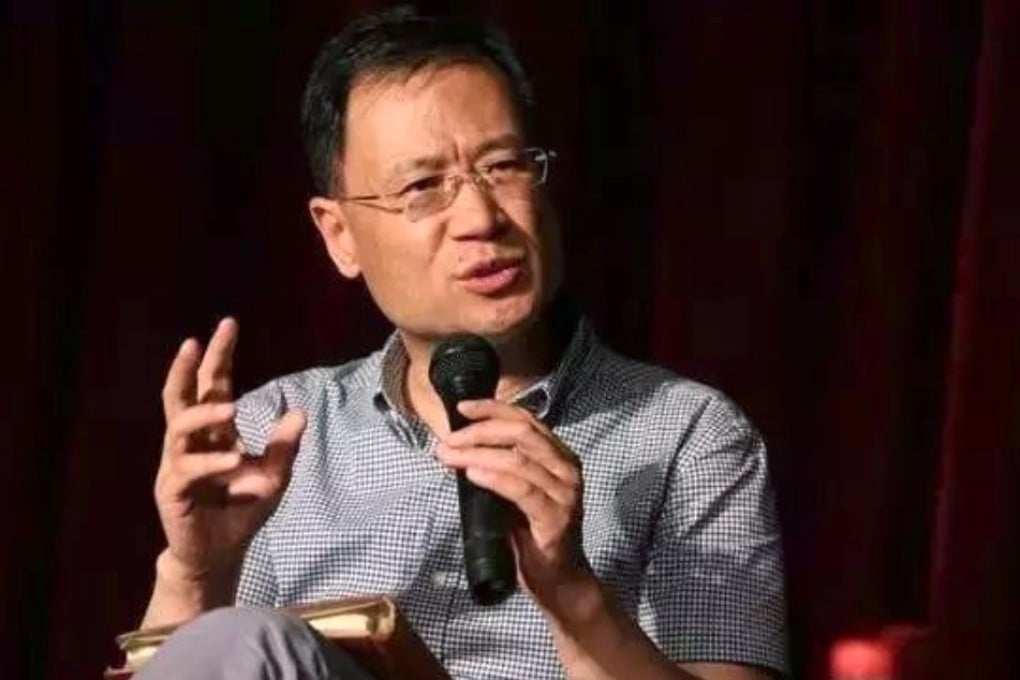Chinese scholar blames Xi Jinping, Communist Party for not controlling coronavirus outbreak
- Beijing’s crackdown on civil society, freedom of expression made it impossible for people to raise the alarm about the situation, Tsinghua University professor Xu Zhangrun says in online article
- Intellectual Xu Zhiyong repeats his call for ‘not very smart’ Xi to step down as leader

Xu Zhangrun, a law professor at Tsinghua University in Beijing, who has been under close surveillance by the authorities, blamed Communist Party leaders for putting politics ahead of the people in his strongly worded piece, which was published on several overseas Chinese-language websites this week.
“The political system has collapsed under the tyranny, and a governance system [made up] of bureaucrats, which has taken [the party] more than 30 years to build has floundered,” he said in a reference to how reform-minded leaders sought to rebuild the country and modernise the government after the death of Mao Zedong in 1976 and moved away from one-man rule to collective leadership.
His latest criticism came as China’s leaders and law enforcement officials warned that internet controls must be tightened to prevent the spread of rumours and misinformation.